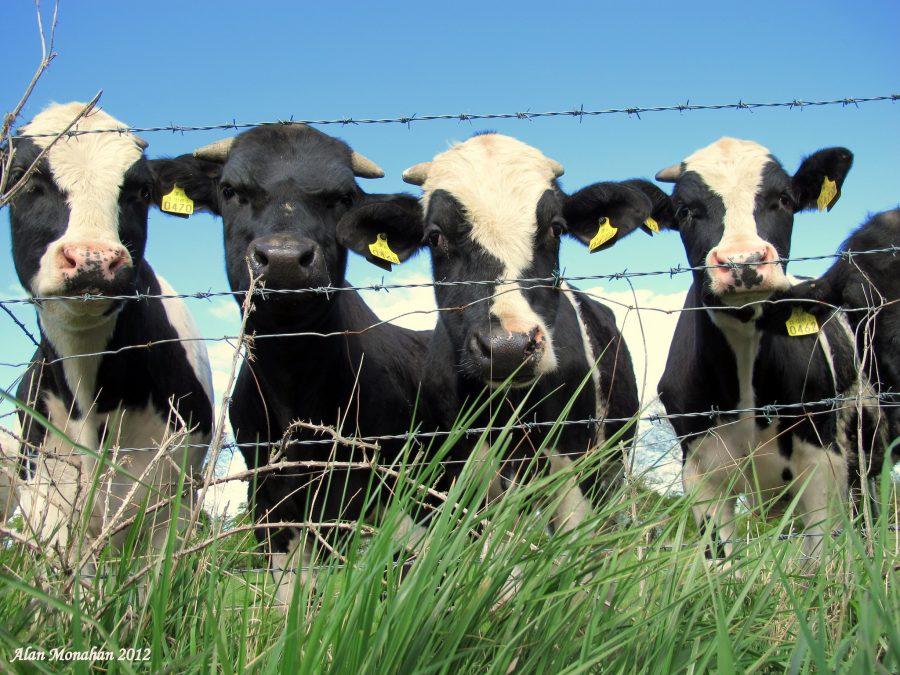When I look around Loyola, it’s easy to see that social justice is no joke. CCSJ, Campus Ministry, Spring Break Outreach, and service-learning classes are all examples of Loyola’s fierce mission to contribute positive change to the Baltimore area and beyond.
However, there is one aspect of social justice that has been blatantly disregarded on our campus: animal rights activism. Being Jesuit is the most defining characteristic of our school, and it is the absolute foundation of activism and service on campus. On the school website, President Father Brian Linnane notes that this Jesuit foundation challenges the entire campus to “seek out injustice, to give voice to the voiceless, to work toward peace, and to create a brighter tomorrow.”
Loyola can be applauded for its efforts in medicine, education, social reform, and other aspects of social justice, but animal rights activism is one social justice that has been absent from this campus. The lack of education about the effects of factory farming, the benefits of a vegetarian diet, and the environmental effects of such a lifestyle is astounding considering our campus’ interest in seeking justice and being voices for those who cannot speak. In addition to the health, environmental, and animal welfare benefits of a plant-based diet, the refusal to participate in factory farming has large humanitarian consequences which greatly align with our campus’ Jesuit core values in fighting injustice.
There’s no question that hunger and starvation affect a great number of people. According to the Food and Agriculture Organization of the UN, “more than 840 million [people] are counted as suffering from chronic hunger.”
One may think that there is little we at Loyola can do to help these people in places so far from us, but in fact we can make positive changes to decrease hunger. A U.N. report from 2010 stated that “a global shift towards a vegan diet is vital to save the world from hunger, fuel poverty and the worst impacts of climate change.”
How? Animal agriculture requires much more food to feed the livestock than they actually put out, and it diverts crops from starving people: about 16 pounds of grain equals one pound of beef. The IOP Science website features an article on food availability, noting that “global calorie availability could be increased by as much as 70 [percent]” if we were to shift “crops away from animal feed and bio-fuels to human consumption.” In other words, by implementing a more plant-based diet, we may reduce the demand for animal products and allow more people to enjoy food security, a cause we can all support.
A compassionate plate can easily be implemented on our campus, simply by reducing the amount of animal products the cafeteria offers. By taking small steps toward a more plant-based diet, Loyola can foster a community of whole-hearted social justice, aligning more closely with our values. Thus, as a campus dedicated to social justice and humanitarian aid, we must look at what’s on our plates and examine a choice made three times a day that has lasting impacts on not just our lives, but on others’ as well.













































































































Clarke' Snell • Oct 19, 2016 at 7:35 pm
Awesome article: well addressed & summarized. Cruelty-free eating is definitely on the rise and it’s so exciting to see it gain so much momentum.